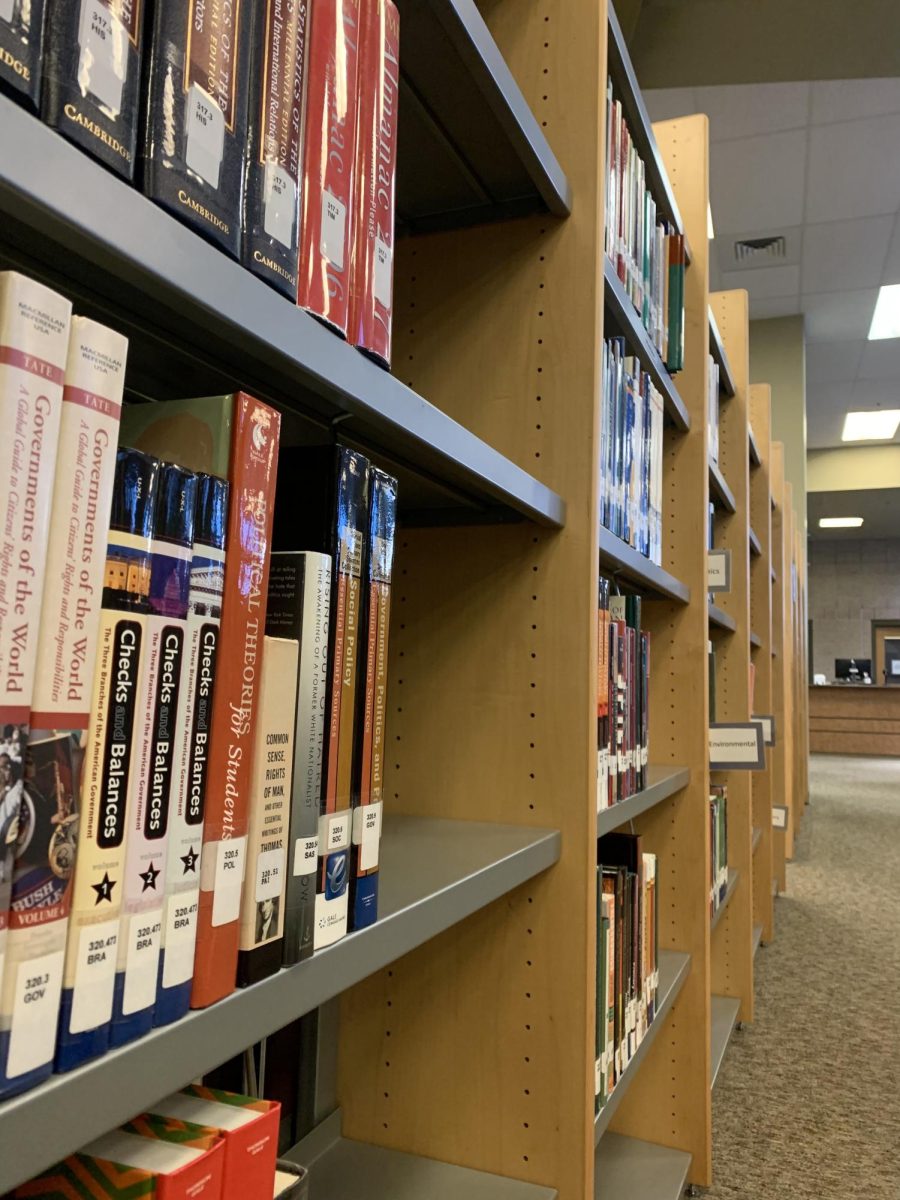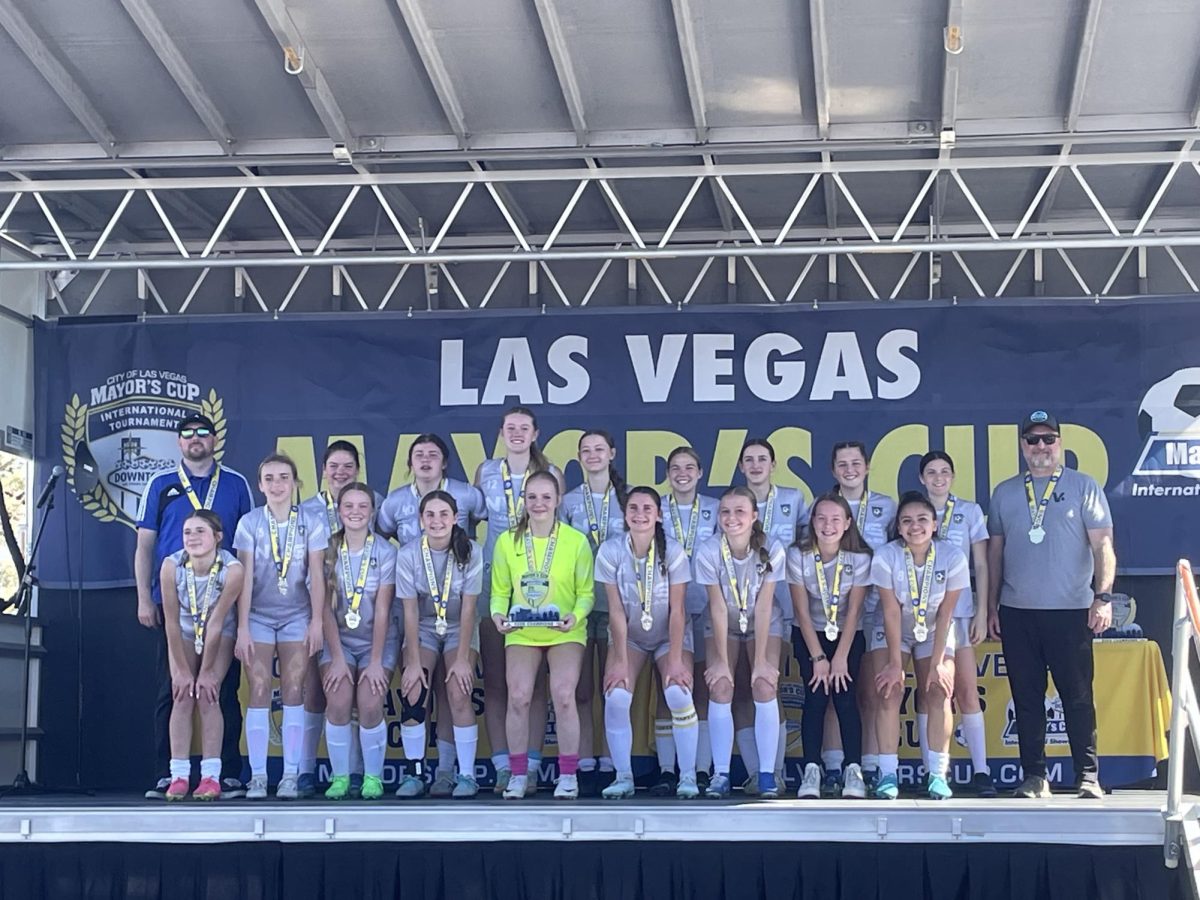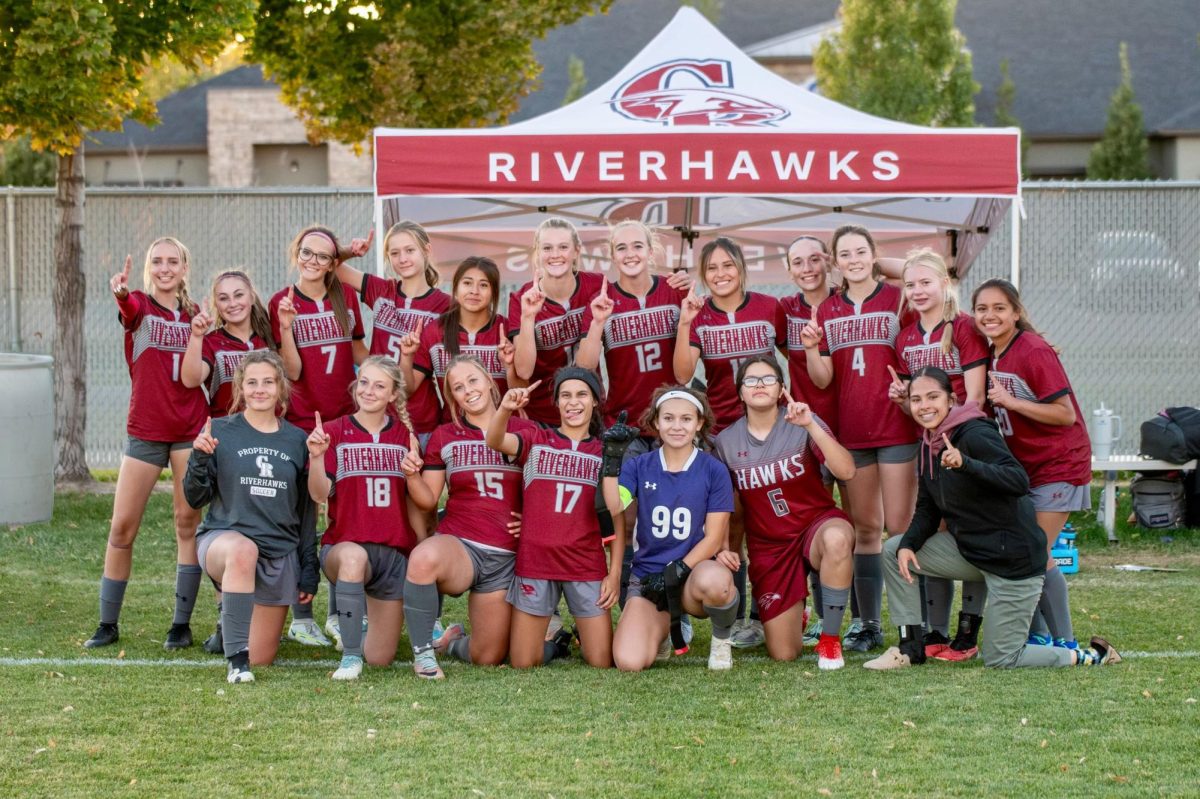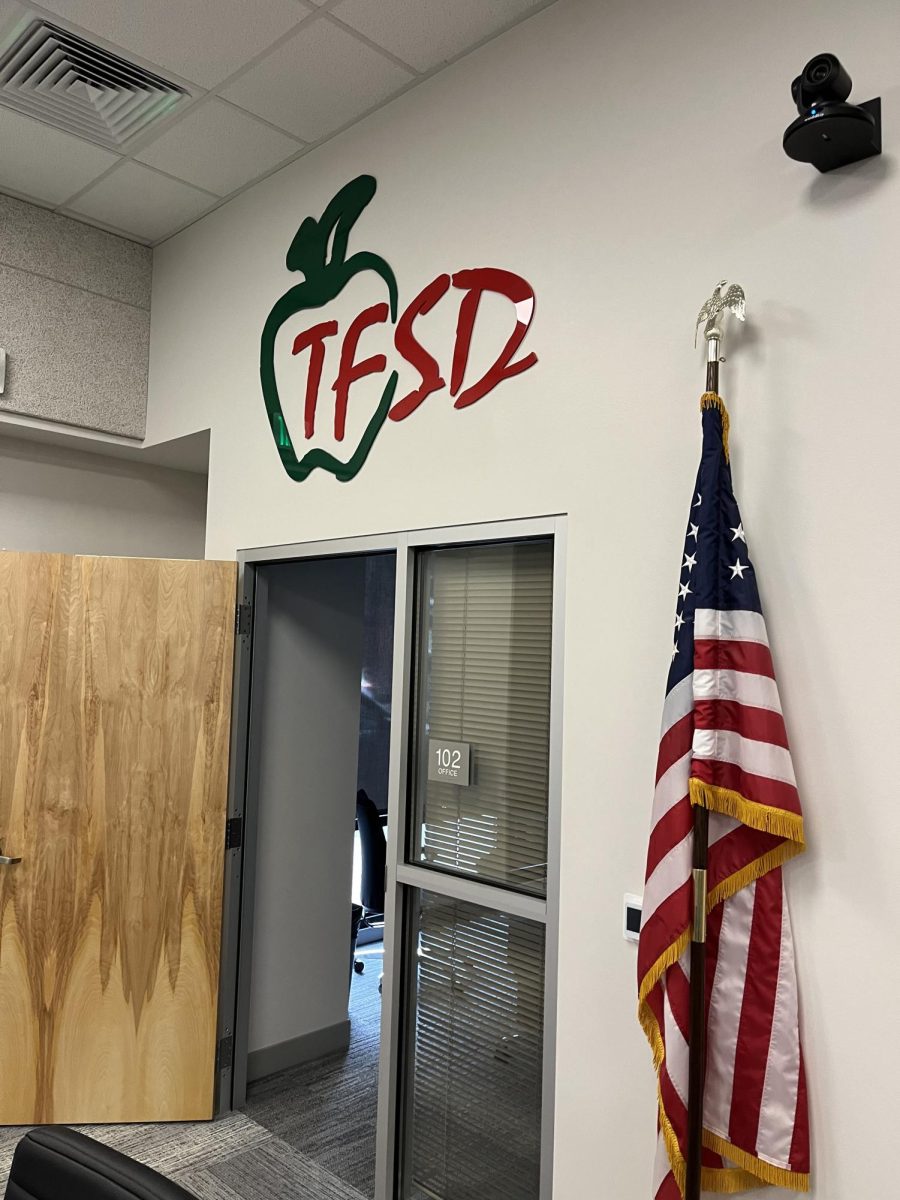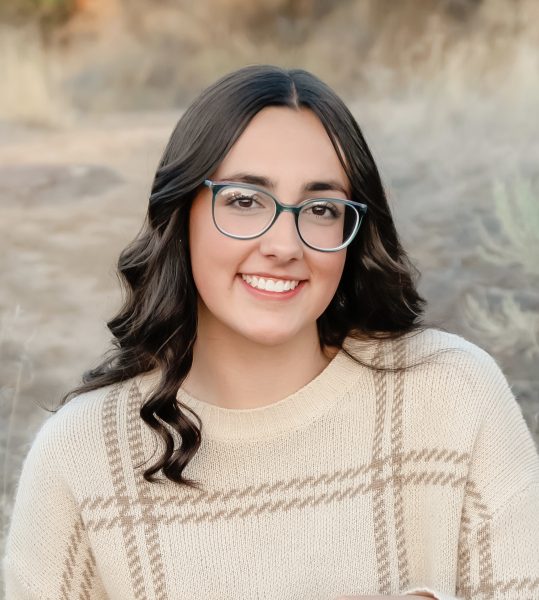On April 10, 2024, Idaho Governor Brad Little signed House Bill 710, the Children’s School and Library Protection Act, prohibiting minors from accessing “harmful” materials in public and school libraries. The bill will come into effect July 1, 2024.
Bill 710 is the amended version of Bill 384, which was introduced on January 10, 2024, but pulled back before the third reading. Bill 384 was also a modified version of Bill 314 that was vetoed on April 5, 2023.
“[Bill 710] is vastly better than [Bill 314] that I vetoed last year,” said Governor Little.
According to Bill 710, harmful material includes “any picture, photograph, drawing, sculpture, motion picture film, or similar visual representation or image of a person or portion of the human body that depicts nudity, sexual conduct, or sadomasochistic abuse and that is harmful to minors,” unless it “possesses serious literary, artistic, political or scientific value for minors.”
Tara Bartley, the Twin Falls Public Library Director, said, “The state of Idaho currently has on code a definition of harmful materials to minors…basically what [bill 710] does is it adds a section to that code and makes it so that school and public libraries have to prevent harmful materials getting in the hands of children, and if we don’t take those actions then it allows for patrons to put a [law]suit forward.”
Bill 710 states that a minor, parent, or legal guardian must provide written notice asking for a piece of material to be relocated within a public or school library. If the material is not relocated to an adult-only section of the library within 60 days of the written notice, the minor, parent, or legal guardian may file for a lawsuit and receive $250 in legal damages.
According to House Representative Lance Clow, “Judicial discretion will determine whether or not something is harmful or if it’s just a frivolous case…but if it did get to court, the person making the complaint would have to prove that the book or material is harmful to children and meets what they call the Miller test.”
“Not every parent wants every book available to every child. So, how do you draw a line? How do you protect some families’ rights and give rights to others?” asked Representative Clow. “The idea is to let the parents get involved…A parent can go in and check any of those books out and give it to their child to read, but the idea is not allowing the child to get access to the book without the parent’s consent.”
Bartley has concerns about Bill 710 and said, “There are no harmful materials in libraries, and I am a strong believer that if a parent doesn’t want their child to read a subject or something that they are uncomfortable with…then it’s up to the parent to make that decision.”
“I think something really important about this bill is to understand that this is for minors and that’s 0-17…now what we’re looking at is taking titles that are perfectly appropriate for a 16-17-year-old to read, but we’re now having to relocate them…because of a parent that thinks it’s inappropriate for a four-year-old when it was never intended for that age,” said Bartley.
According to Bill 710, schools and public libraries will be required to have a readily accessible form that people can fill out to request a review of material they see as inappropriate.
“We already have a policy in place, so if a parent is not happy with a book, they have the right to say…This past year, we haven’t had one parent come in and submit a form to move that forward,” said Bartley.
Eva Craner, the Public Relations Director for the Twin Falls School District, said, “[the school district] has a robust policy in place currently that talks about how the district reviews learning materials, which could apply specifically to library books.”
“We feel really good about the practice that we have in place; this new legislation seems to add extra things that seem a little silly in light of the system we already have,” said Craner. “As an example, it seems strange that we would have an adult section in an elementary school library, which, based on our reading of the legislation, is what will need to happen.”
Craner also said, “I do think our librarians do their due diligence in purchasing books. They don’t want to buy something that’s going to be considered harmful to minors, but there’s a lot of gray area in what that might be depending on who it is that you are speaking to and their core beliefs and values.”

